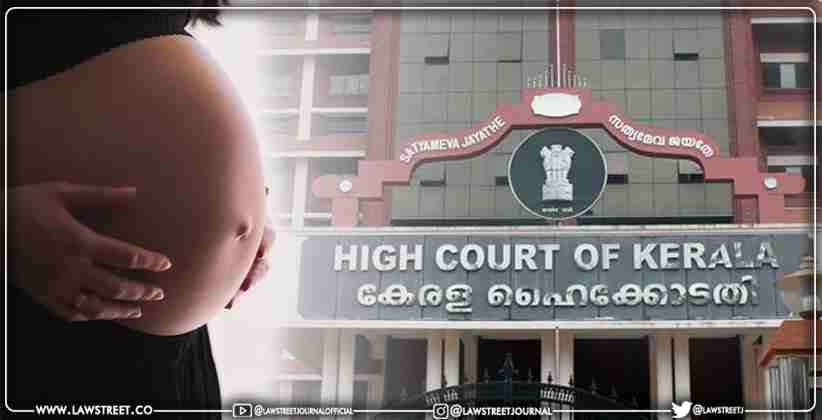The liberty of a woman to choose whether or not to proceed with a pregnancy cannot be snatched away, the Kerala High Court ruled, while granting a moderately mentally disabled mother on the right to terminate her as much as 22-week-old malformed baby.
According to the HC, its the freedom of the mother to make her own decisions if there really is a considerable danger that the infant would struggle from defects that will substantially impair him or her after delivery has indeed been acknowledged by the Courts.
In the recent case, the mother was somewhat intellectually challenged, and the baby had Klinefelter syndrome, a genetic disorder wherein a male is full or partial extra copy of the X chromosome, as per the assessment of a medical team who evaluated her.
According to the court's order, the condition is a chromosomal abnormality linked with varied mental sub normality, endocrine abnormalities, and psychiatric disorders later down the line. As per the medical assessment, the lady, in addition to moderate mental impairments, struggles from vision abnormalities, seizures, and weakening of the left lower limb, with a long-term disability of 55%.
According to the research, while Klinefelter syndrome is not potentially lethal, because the mother has minor mental impairment and poor adaptive abilities, "she may struggle to cope with the child raising responsibilities of a disabled infant."
According to the study, medical abortion is advised for the aforementioned reasons.
Upon reviewing the document, the HC concluded, "The liberty of a pregnant lady to choose whether or not to maintain the foetus cannot be stripped away."
Similarly, the courts have recognised the mother's option to end the pregnancy medically even after the permitted period under the regulations of the Medical Termination of Pregnancy Act, 1971, if there is indeed a considerable risk that perhaps the baby, if birthed, will endure the abnormalities that would severely handicap the child.
The court responded by saying, as a consequence, the writ petition is granted, and the first petitioner (mother) is entitled to undertake the pregnancy termination operation. The respondents in question would be allowed to pursue the aforementioned action at the risk of the first petitioner.
The ruling was issued in response to a petition filed by the lady and her spouse requesting to medically abort over 22-week-old pregnancy on the grounds that maintaining with that might jeopardize the mother's health and cause the infant to struggle from physically and psychologically defects.







